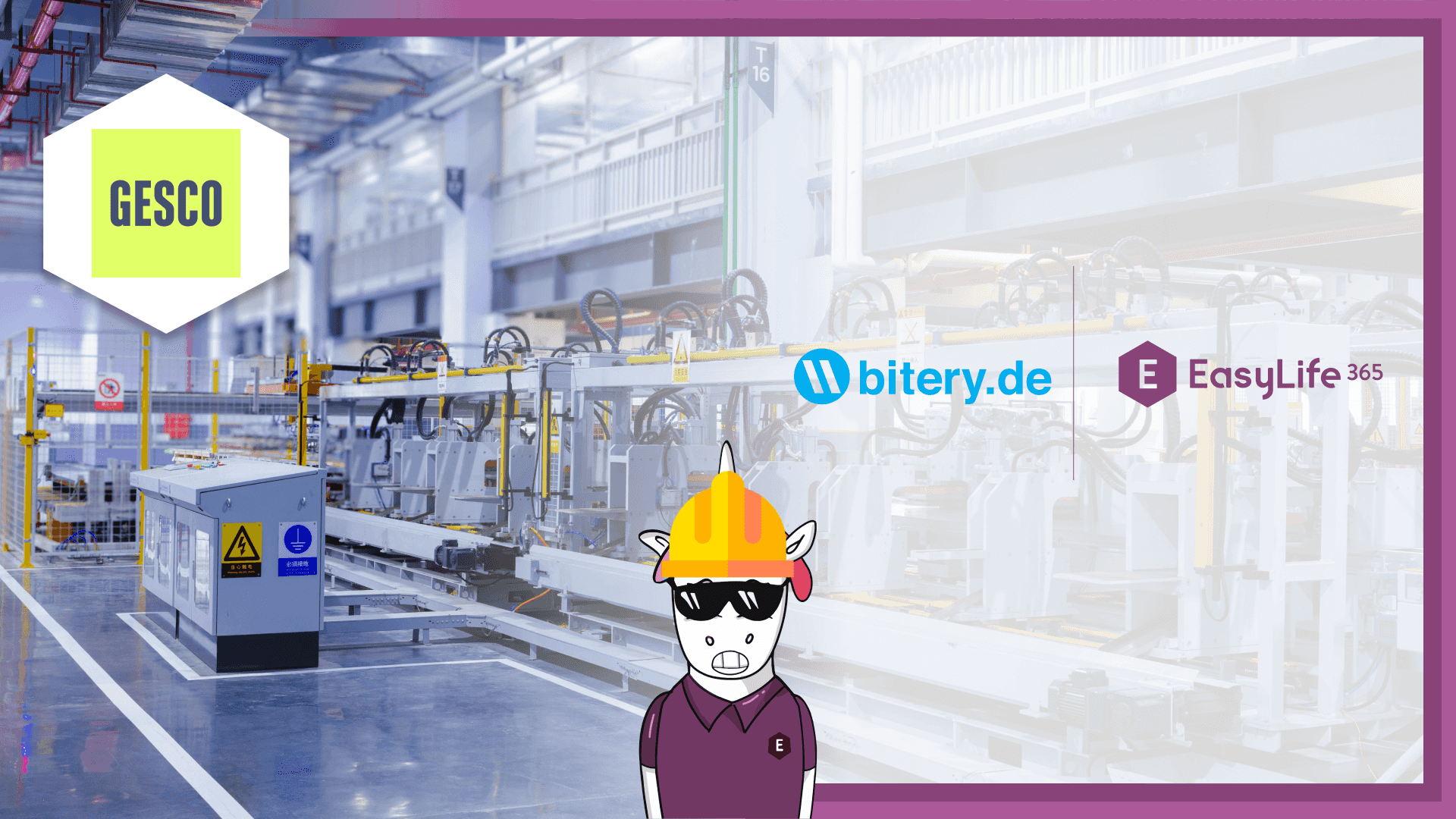In a world that is constantly evolving, it is crucial to look ahead and understand how technologies and trends will transform our workplaces. As an expert in Microsoft Cloud technologies, in this article I want to introduce you not only to the developments within Microsoft 365 but also take a look beyond. Let's explore together how these technologies could change the way we work.
Microsoft Copilot – Your Personal Assistant at the Workplace
Recently introduced, Microsoft Copilot is a groundbreaking addition to Microsoft 365 which uses artificial intelligence to boost productivity. Copilot integrates into applications such as Outlook, Word, Excel, and more, automating tasks like summarizing emails, creating documents, and analyzing data.
Impact on the Future of Work: By automating routine tasks, employees can focus on more complex and creative challenges. This leads to more efficient work practices and could increase job satisfaction in the long term.
| Trend/Technology | Description | Impact on the Future of Work |
|---|---|---|
| Microsoft Copilot | AI-powered assistant within Microsoft 365 | Increases efficiency and focuses on higher-value tasks |
Virtual Reality (VR) – Apple's VR Glasses
Apple's latest innovation, the VR glasses, could revolutionize the way we interact and collaborate. This technology allows users to enter virtual spaces where meetings and collaboration take place not just over screens but as immersive experiences.
Impact on the Future of Work: The ability to collaborate "in person" from remote locations could reduce the importance of physical offices and lead to a more global and flexible workforce.
| Trend/Technology | Description | Impact on the Future of Work |
|---|---|---|
| Apple VR Glasses | Immersive VR technology for collaboration | Increases flexibility and accessibility of global teams |
Collaborative Robotics and AI
Collaborative robots, or "cobots," are designed to work side by side with humans. In conjunction with advanced AI systems, these robots can learn to adapt to different work environments and take on tasks previously reserved for humans.
Impact on the Future of Work: Cobots could take over physically demanding or dangerous jobs, increasing safety at the workplace and allowing humans to use their skills in less risky and more creative areas.
| Trend/Technology | Description | Impact on the Future of Work |
|---|---|---|
| Collaborative Robotics and AI | Robots that safely work with humans | Reduces workplace accidents and expands creative capacities |
Sustainable Technologies – Green IT
The focus on sustainability has led to the development of "green IT," which aims to minimize energy consumption and the environmental impact of the technology industry. Companies are increasingly implementing energy-efficient data centers and utilizing cloud solutions to reduce their carbon footprint.
Impact on the Future of Work: Sustainable practices could not only reduce operating costs but also contribute to the company's social responsibility and improve its image.
| Trend/Technology | Description | Impact on the Future of Work |
|---|---|---|
| Green IT | Energy-efficient and environmentally friendly technologies | Reduces costs and improves the company's image |
Internet of Things (IoT) – Networking the Workplace
The Internet of Things (IoT) is revolutionizing how we interact and communicate at our workplaces. By connecting various devices and systems over the Internet, IoT enables a new level of automation and efficiency in almost every professional field.
Impact on the Future of Work: By using IoT at the workplace, companies can significantly improve their operations. For example, temperature and lighting can be automatically adjusted to save energy while creating a comfortable work environment. Additionally, the use of IoT in inventory management allows for more precise stock control and efficient use of resources.
Moreover, IoT opens up possibilities for predictive maintenance of office equipment and machines. By detecting potential problems early, downtime can be minimized, and the lifespan of devices extended, leading to cost savings and reducing unexpected operational interruptions.
| Trend/Technology | Description | Impact on the Future of Work |
|---|---|---|
| Internet of Things (IoT) | Networking of devices for data analysis and process automation | Increases efficiency, improves resource use, and minimizes |
6G Technology – The Next Generation of Wireless Communication
While the world is just beginning to unlock the full potential of 5G, the next generation of wireless communication – 6G – is already casting its shadow ahead. Expected to far exceed the capabilities of 5G, 6G will offer even faster data transfer rates, lower latencies, and massively expanded network capacity.
Impact on the Future of Work: The ultra-high speed and extremely low latency of 6G will open entirely new possibilities for remote work and real-time collaborations. Virtual meetings could be enhanced by holographic technologies, creating a sense of physical presence during discussions across large distances. This could further reduce the need for physical meetings, helping to boost productivity and engagement in a globally distributed workforce.
The enhanced network capacity and reliability will also significantly advance the Internet of Things (IoT) and other technologies that require continuous data communication. Industries that rely on precise and uninterrupted data streams, such as manufacturing and logistics, could benefit from smoother and more efficient processes.
| Trend/Technology | Description | Impact on the Future of Work |
|---|---|---|
| 6G Technology | Advancement of wireless networks with terahertz bands and AI optimization | Opens new possibilities for remote work and real-time |
Conclusion: The Future of Work in the Age of Technological Revolution
The technologies and trends explored in the previous chapters show that we are on the threshold of a comprehensive transformation of the working world. The way we work, communicate, and interact will be radically changed by the ongoing development and implementation of advanced technologies.
Together, these technologies can increase efficiency and productivity at the workplace and create a more inclusive and flexible working environment beyond traditional office boundaries. Integrating these technologies into our everyday work life can be a challenge but it will also offer the tremendous opportunity to shape tomorrow’s workplace to be more sustainable, safe, and appealing.
The future workplace will be defined by a seamless connection among people, processes, data, and digital infrastructure. Employers and employees alike will need to adapt to benefit from these changes.
The role of technology in the future workplace is undeniable—it will be central to growth, innovation, and competitiveness across all sectors. Early adoption and understanding of these technologies will be crucial for success in the rapidly changing landscape of the global economy.



